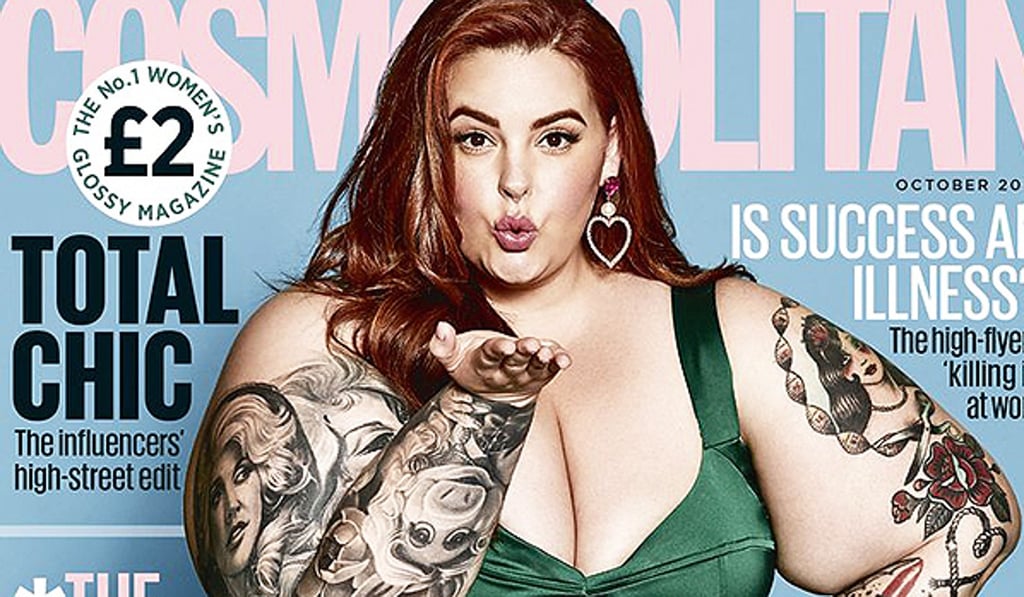China has a big fat problem with US-style ‘body positivity’
What’s the healthiest approach: making people feel comfortable about their obesity … or fat-shaming our way to more healthy lifestyles?

Love on a Diet was a 2001 Hong Kong romantic comedy starring Andy Lau and Sammi Cheng in fat-suits. Lau’s character helps Cheng’s character lose weight so she can win back her handsome Japanese boyfriend; Lau himself then slims down and the two find love together. There was no suggestion that fat people should be loved for who they are rather than their physical appearance, or that body-shaming men should be shown the error of their ways. The moral of the story was if fat people slim down, they can find love and happiness.
This is still the norm in China: overweight women who want to get married need to slim down or risk staying single. The alternative for overweight heterosexual women is to hope they will meet one of the men in China who do not care about size – which is a problem, since there are probably only about a dozen such men in the whole nation, and they’re married.
This contrasts with the current Western penchant for “body positivity”, a strong cultural current in Britain and the United States that suggests not only is it wrong to bring attention to a person’s weight, it is also wrong to suggest an overweight person should lose weight. Dove, the soap brand, led the charge a decade ago with a series of advertisements featuring beautiful, cheery overweight women in their underwear. To liberal-minded people, body positivity is good, while its opposite, fat-shaming, needs to be rooted out and destroyed.
An extreme example of the latter occurred in February 2018: Sofie Hagen, a Danish comedian, responded with an expletive-laden diatribe to a Cancer Research advertisement that warned obesity was the number one cause of cancer. The concept of “body positivity” as interpreted by Hagen meant that you cannot suggest fatness has any negative attribute – even if you are trying to save lives.

More recently, Cosmopolitan magazine chose a beautiful but obese model as the cover girl for its October edition. In the West, fatness has become a moral issue: the Cosmo cover provoked debate that centred on whether the magazine was inadvertently promoting physical ill-health by normalising obesity, or promoting mental health by giving overweight women confidence.
